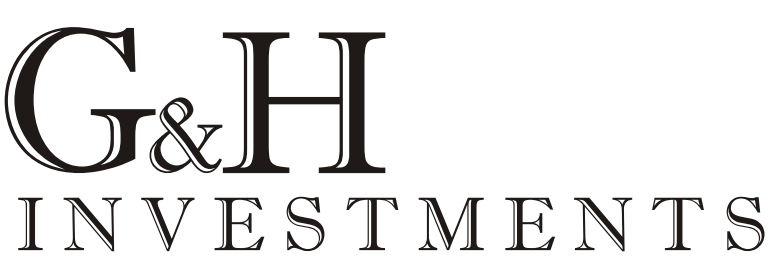Know what to look for:
You and your financial advisor are starting a professional relationship that could last for many years. This is why it is so important to find someone who is trustworthy and experienced in the areas that match your personal financial goals. Below are several resources to help you research designations, ask the right questions and identify possible red flags.
Financial Designations
Just because an advisor has an assortment of letters after their name does not mean they are qualified to handle your investments. The Investopedia article “Find the Right Financial Advisor” discusses which designations hold the most merit:
“The financial industry has also been bombarded with professional designations, many of which can be obtained with little or no effort. The industry has three leading designations that have strict education and ethical requirements: Certified Financial Planner® (CFP®), chartered financial analyst (CFA) and chartered financial consultant (ChFC).”
Some even require financial advisors to release annual business information to the SEC:
“If you’re looking for someone a little different than the everyday stock jockey, it may be wise to hire a registered investment advisor (RIA) to represent you. They are held to a higher standard than most advisors, and [they’re] typically the most knowledgeable. They are also required to provide a Form ADV Part II to all potential investors upon request.”
To view and research the designations that our Portfolio Managers hold please visit Why We Are Different.
Interviewing Potential Advisors
Knowing what questions to ask when you meet a potential advisor can help you dig deeper into their investment experience and strategy. Below are suggested questions from the Securities and Exchange Commission that can help you evaluate potential advisors:
What experience do you have with clients in my circumstances?
Where did you go to school?
What is your recent employment history?
What licenses do you hold? Are you registered with the SEC, a state, or Financial Industry Regulation Authority (FINRA)?
What services do you offer?
Can you only recommend a limited number of products or services to me? If so, why?
How are you paid for your services?
What is your usual hourly rate, flat fee, or commission?
Have you been disciplined by any government regulator for unethical conduct?
Financial Advisor Red Flags
While interviewing and researching your potential advisor it’s important to be aware of red flags that may point to an unsatisfactory advisor-investor relationship.
They sell before listening:
An advisor that jumps into a sales pitch instead of understanding your financial goals may not be looking out for your specific needs. One way to ensure that your best interests will come first is to choose an advisor that adheres to fiduciary duty. This means that the investment advisor has the fundamental obligation to do what is best for the client, not themselves.They are unable to explain strategy:
Your advisor should be able to explain why their strategy is the best fit for your specific financial needs. Advisors that don’t have the time to explain their strategy or are unable to clearly state their investment choices should be reconsidered.They don’t return phone calls:
High quality financial advisors have open lines of communication with their clients. Whether you have a question about your portfolio or need general financial advice your advisor should be happy to assist you in a timely manner.
1)Merkel, Steven. “Find The Right Financial Advisor.” Investopedia 2009. 22 July 2009.
2)”Investment Advisers: What You Need to Know Before Choosing One.” U.S. Securities and Exchange Commission. 17 April 2009. 22 July 2009.

